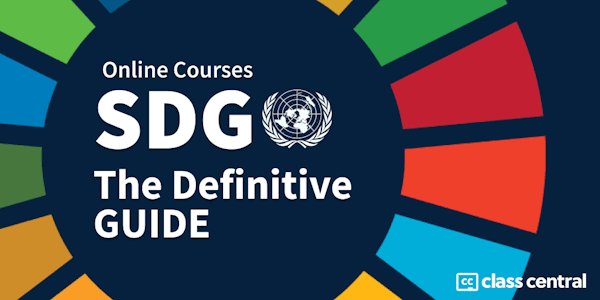In September 2015, 193 member states of the United Nations adopted the 2030 Agenda for Sustainable Development and committed themselves to the 17 Sustainable Development Goals (SDGs). The SDGs are interconnected, recognizing that poverty cannot be eradicated without improved health and education, sustainable economic growth cannot occur on a planet under threat of climate change, and so forth.
Goal 1, “End poverty in all its forms everywhere,” calls on stakeholders at every level to drastically reduce the number of people living in poverty, provide services and assistance to those in need, and ensure the resilience of the poor and vulnerable in times of crisis. SDG 1 builds on earlier calls to cut poverty in lower-income countries by, first, calling for the elimination of extreme poverty worldwide by 2030, and for every country to cut all dimensions of nationally-defined poverty by half by the same date. Goal 1 further draws linkages between poverty and climate disasters, and sets targets for social protection, resource mobilization and policy development. Likewise, Goal 10, “Reduce inequality within and among countries,” calls on stakeholders at all levels to empower the economic, political, and social inclusion of all people; and for governments to work together to provide pathways of opportunity across the world.
This course will present an overview of the definitions, scale, and scope of different forms of poverty and inequality across the world. It will examine links between poverty, inequality, and well-being; opportunities for socioeconomic mobility; the particular challenges facing women, minorities, Indigenous people, and vulnerable populations; and how poverty and inequality link to issues like climate change, migration, and conflict. Finally, the course will conclude with a look at policy approaches and tools for addressing poverty and inequality in a variety of contexts.
Understanding Poverty and Inequality was created by the SDG Academy in partnership with the Center for Sustainable Development at the Brookings Institution.
This course is for:
- Policy professionals who want to understand the scale and scope of poverty and inequality in order to design effective interventions
- Development practitioners seeking knowledge on poverty alleviation
- Advanced undergraduates and graduate students interested in economics, development, and other key concepts related to the poverty and inequality




